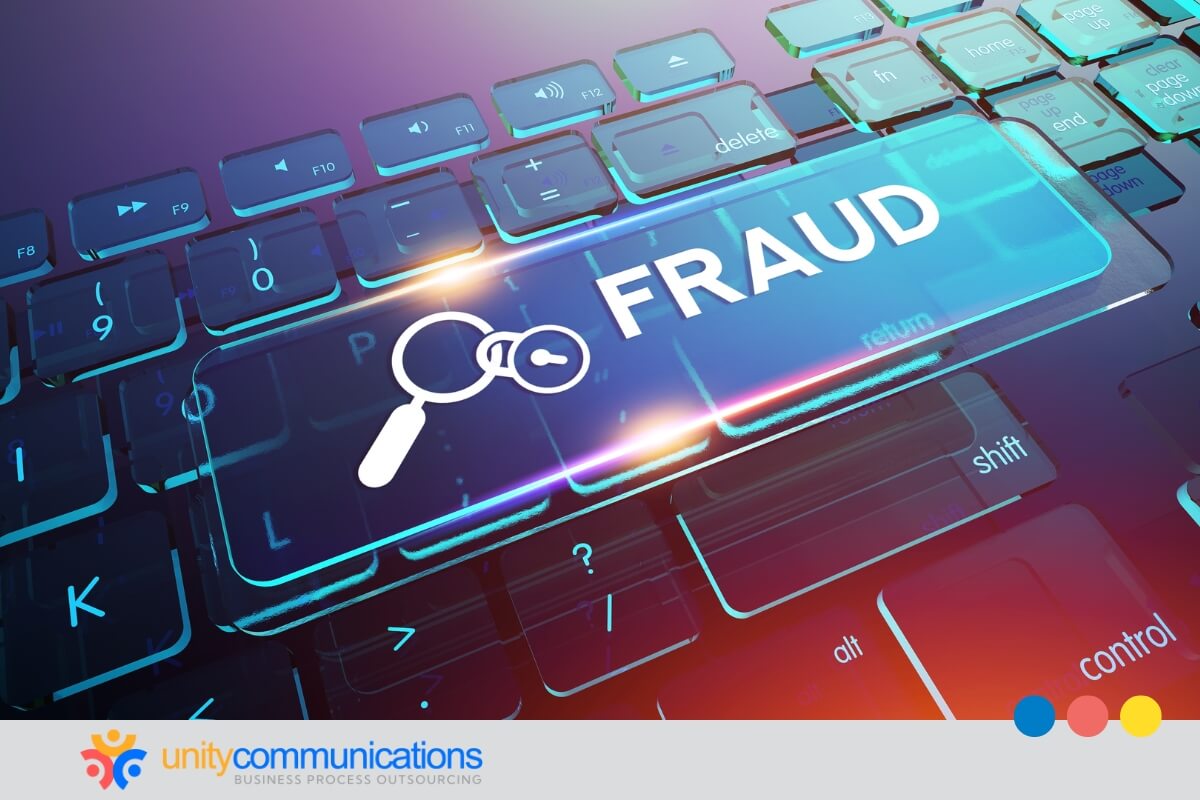IN THIS ARTICLE
Table of Contents
The business process outsourcing (BPO) industry has grown exponentially in scope, servicing numerous sectors. Some BPO companies specialize in checking and ensuring compliance in well-regulated industries, such as financial technology (fintech).
The primary value of BPO in fintech compliance is to provide extensive support, ensuring no potential violation gets overlooked. Many fintech companies already outsource several functions, such as customer support. Hiring service providers for regulatory compliance is the next best step.
This article explores the implications of partnering with a BPO provider for fintech compliance. Keep reading!
Why outsource fintech regulatory compliance needs

Any sensible business owner should first question the validity of outsourcing a process as sensitive as compliance. Objectively speaking, outsourcing compliance is a valuable strategy that is worth the risk—so long as you vet your BPO vendor properly.
Here are a few ways fintech companies or startups benefit from outsourcing:
- Business process outsourcing compliance involves BPO companies staying updated on developments in the fintech industry to guarantee complete comprehension of laws and regulations affecting potential clients.
- Depending on the contract stipulations with the customer, a BPO firm can be held accountable for any lapses in compliance. Either way, failures can hurt the firm’s reputation.
- Hiring a full in-house compliance team can raise operating costs in the long term. Outsourcing these responsibilities lowers expenses considerably.
How a BPO partner can boost fintech compliance
Knowing what BPO is and its role in compliance is the first step to making an informed decision for your business. In a nutshell, a BPO partner takes over all or some responsibilities to ensure compliance with relevant laws and regulations.
A BPO firm can only check, update, and apply your compliance strategy. The limits of what BPO companies can do depend on the client’s willingness to take their advice. When utilized effectively, outsourcing compliance has a positive impact on fintech companies, particularly in these areas:
- Reallocate resources to reinforce security. Hiring full-time staff, though ideal, is not a budget-friendly solution for fintech startups. Outsourcing can reduce costs (e.g., overhead and salaries) while ensuring you receive quality services.
- Keep up with emerging problems instantly. BPO companies understand the importance of a readily scalable and adaptable strategy. They leverage time zone differences to offer 24/7 services, allowing them to address issues as they appear.
- Stop cybersecurity threats expertly. BPO providers can exercise due diligence in all facets of fintech compliance to avoid lapses. 2022 saw a 38% increase in cyberattacks compared to 2021, so BPO companies are gearing up to face new threats.
- Reassure customers and clients of safety. Customers, especially those with a basic understanding of cybersecurity, are vulnerable to fraud attempts. Tightening the security of clients’ financial services and the integrity of their websites or apps are top priorities.
- Secure every department of your business. Compliance affects every process of fintech business models, so scaling and deploying to all corners of a company is a must. BPO firms streamline functions and teach employees to implement security protocols.
Navigating the legal complexities facing fintech businesses

Applicable fintech laws and regulations differ in scope and depend on your business type, industry, and location. However, the three main facets of these laws are:
- Data protection. Given the sensitive nature of financial transactions, data protection should be the top priority for fintech companies. Protecting customer information and ensuring safe transactions are basic requirements, especially for digital platforms.
- Security threats. Financial institutions must exercise vigilance against any potential misuse of their products or services by suspicious persons or groups. Preventing money laundering through measures like tightening background checks and studying emerging threats is necessary.
- Financial fraud. Identity theft and scams (as cited in the Red Flags Rule) are significant concerns for all financial institutions. A strategy to combat fraud and protect customers from tactics like social engineering, synthetic ID, and hacking strengthens compliance.
Besides the Securities and Exchange Commission (SEC) and the Federal Trade Commission (FTC), which cover nearly all businesses, finance-specific regulators also exist. Adherence is incredibly complex, but working with a reputable BPO provider with sophisticated fintech compliance strategies can ease the function.
Here are some fintech compliance-related regulatory bodies and government offices:
- Financial Crimes Enforcement Network (FinCEN). FinCEN collects and analyzes data to study financial crimes, such as fraud and money laundering, to assist in detecting suspicious activities.
- Federal Deposit Insurance Corporation (FDIC). The FDIC protects fintech products and services managed by any FDIC-insured bank. It also regulates state-chartered banks.
- National Credit Union Administration (NCUA). The NCUA regulates and charters federal credit unions. Its financial innovation rule lets federally insured credit unions leverage fintech.
- Office of Foreign Assets Control (OFAC). This regulatory body enforces sanctions on foreign countries and terror organizations to protect national security interests and uphold U.S. foreign policies.
- Office of the Comptroller of the Currency (OCC). The OCC monitors national banks and federal savings associations and ensures covered companies comply with finance-related laws.
Laws and regulations applicable to U.S. fintech companies
Laws and regulations that affect all financial institutions also apply to fintech businesses. As the abovementioned agencies explore fintech further, additional laws emerge. In the meantime, examples of laws that affect fintech include the following:
- The Anti-Money Laundering (AML) Act mandates that all financial institutions must assist the government in monitoring and reporting suspicious activities, especially those tied to crimes. Narcotics trafficking and terrorist financing are typically connected to money laundering activities.
- The Know Your Customer (KYC) standard requires all financial institutions to verify customers’ identities and exercise due diligence in reviewing their source of funds. KYC, in conjunction with AML, seeks to reduce the probability of fintech being used for crimes.
- Fair lending laws prohibit lenders from discriminating based on race, color, national origin, religion, sex, familial status, or disability in loan applications. Predatory lending practices and rules that negatively affect even a subset of applicants are prohibited.
- The Truth in Lending Act (TILA) requires lenders to disclose information about credit terms and billing in marketing materials, during application, and at every billing cycle. It ensures that customers understand their financial obligations with full transparency.
- The Unfair or Deceptive Acts or Practices (UDAP) and Unfair, Deceptive, and Abusive Acts or Practices (UDAAP) prevent fintech companies from misleading or refusing to disclose information that leads customers to make poor, uninformed choices. Though both apply to fintech compliance, the latter is specific to financial services.
Any BPO provider specializing in fintech compliance should pay close attention to changes in legislation, no matter how small, that can potentially affect their clients.
The bottom line

It is hard to overstate the critical role of BPO in fintech compliance. The complexity of applicable (existing and upcoming) fintech laws and regulations complicates the process.
Hiring an in-house team for this purpose is costly, and many financial institutions in the U.S. already outsource to BPO firms. This shows how dependable BPO firms are at providing much-needed support to fintech companies.
Let’s connect and build a plan to strengthen your fintech business’s compliance strategy today.





